Dutch police are using a system very similar to Pokémon GO on smartphones, but they aren't walking around trying to catch little pocket monsters. The purpose of this system is to give augmented reality help to first responders who may be less qualified to work a fresh crime scene. If successful, the idea of a contaminated crime scene could be a thing of the past.
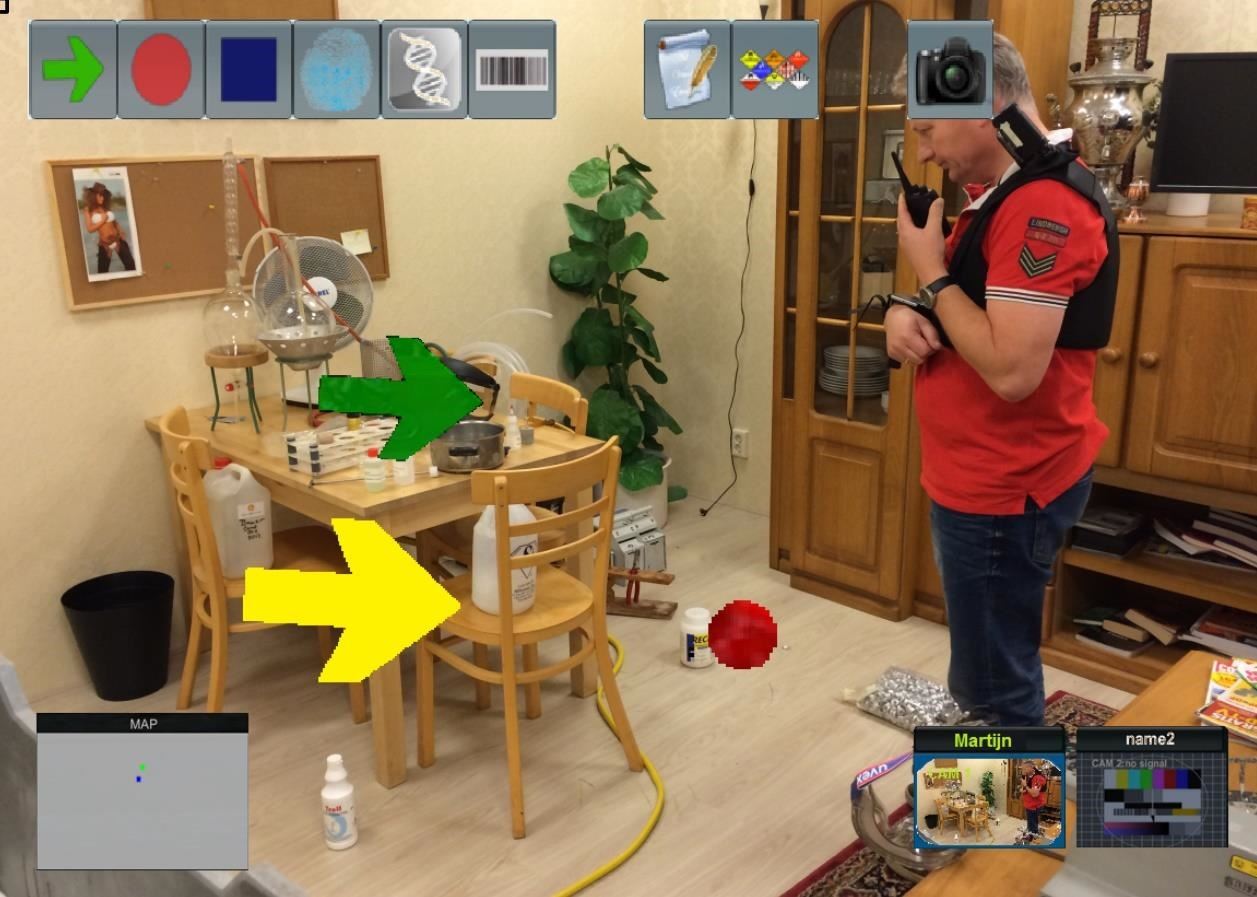
Police officers, firefighters, paramedics, and emergency medical technicians are usually the first ones to the location of a crime scene. While these first responders are trained to avoid contaminating a crime screen, it still happens because they don't have the background that the crime scene investigation team has.
With the approach that is currently being tested, underqualified officers on the scene can wear a camera and a smartphone or head-mounted display such as the Microsoft HoloLens. These devices connect the officer directly to a qualified investigator in another location. This two-way visual communication will allow the investigator to virtually point, using augmented reality, to important elements in the scene.
The white paper, "Handheld Augmented Reality for Distributed Collaborative Crime Scene Investigation," released by technology researchers Dragos Datcu, Stephan G. Lukosch, and Heide K. Lukosch, focuses a good deal on the distributed and team elements of this type of work. This brings up some of the other benefits to this type of system, specifically the ability to loop in multiple teams into the investigation in real time.
If an investigation is working with multiple departments, all the teams involved can watch as the investigation happens. These secondary teams can even help direct what happens on the site, such as telling them to bag a certain item for evidence, to make sure the needs of their investigation is met.

Not only can this system be used to help the initial investigation, according to Michael Buerger, professor of criminal justice at Bowling Green State University in Ohio, "The advantage of augmented reality is the potential ability to recreate a crime scene for a jury."
After a system like this gets through the legal battle of being admissible in court, and the technology has advanced a bit, how long before we see court scene of people in head-mounted computers? Will an AR-created crime scene be easy to change? I can foresee some heavy debating on that subject in the near future.
What do you think? Let us know if the comments below.
Just updated your iPhone? You'll find new features for Podcasts, News, Books, and TV, as well as important security improvements and fresh wallpapers. Find out what's new and changed on your iPhone with the iOS 17.5 update.
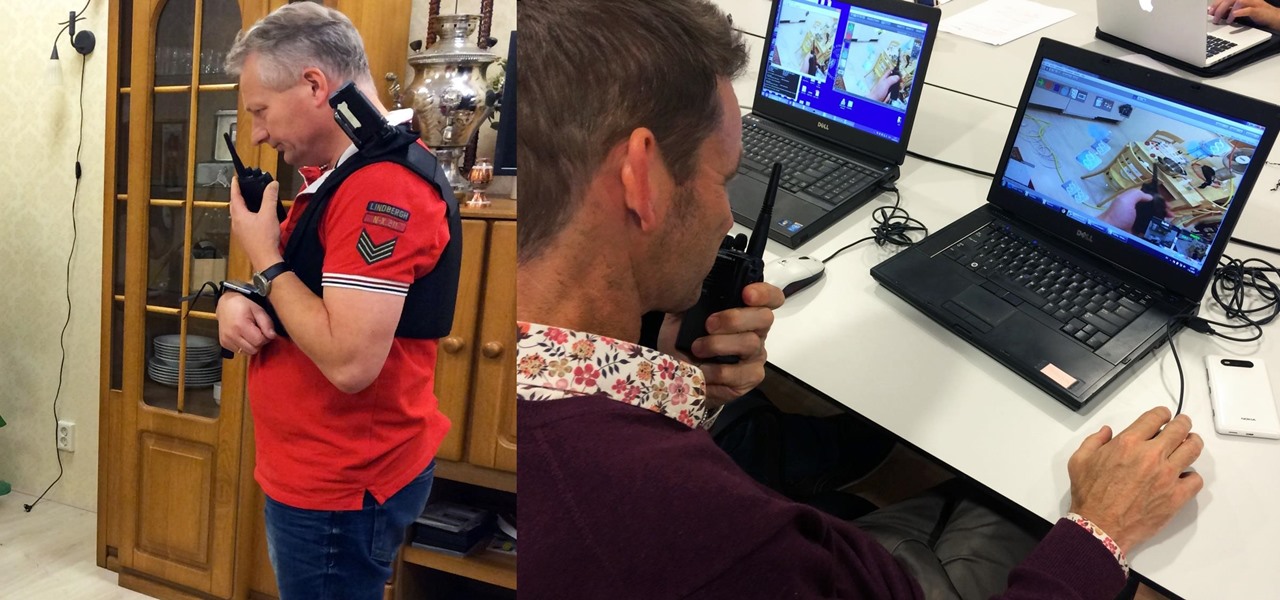



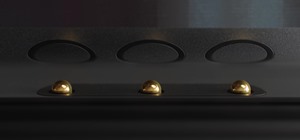
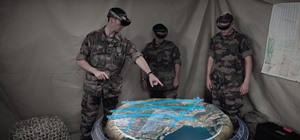
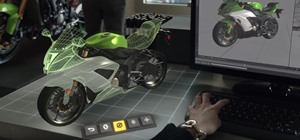
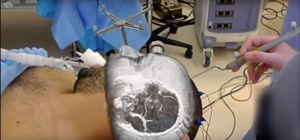
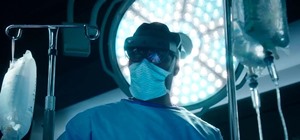


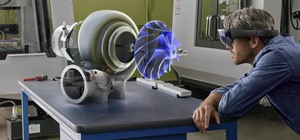
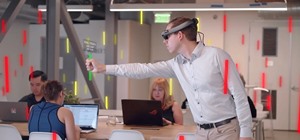
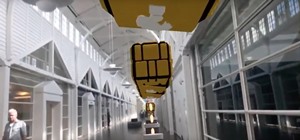

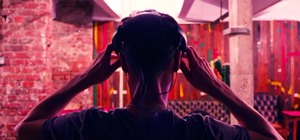





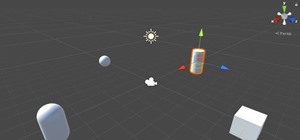

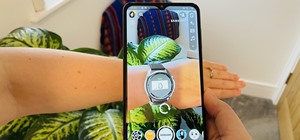
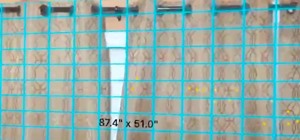
Be the First to Comment
Share Your Thoughts